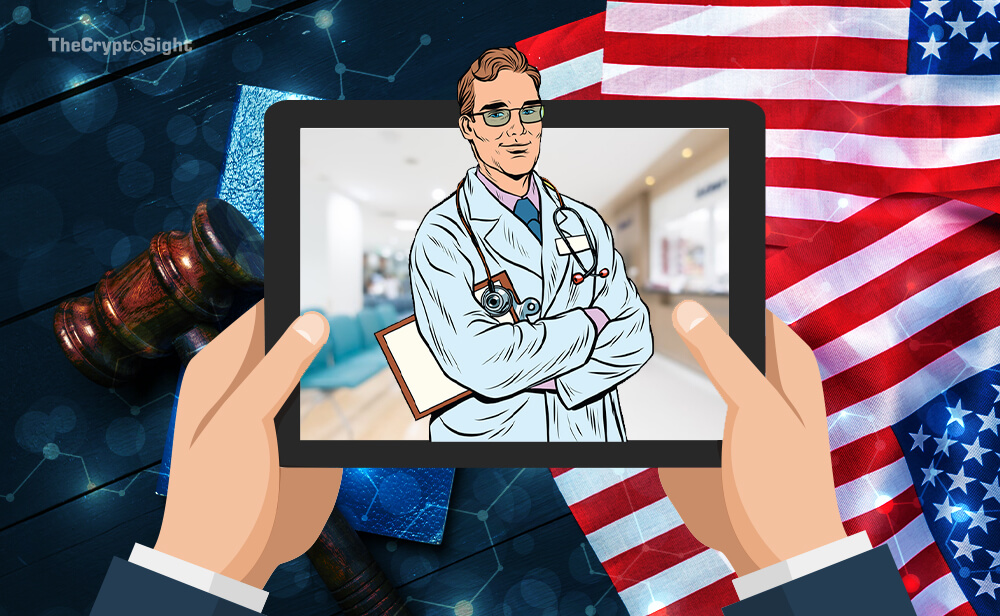
On July 10, 2019, US President Donald Trump signed an Executive Order on Advancing American Kidney Health. This executive order could open doors and create opportunities for industries engaged in the telehealth and blockchain services. The goal, officials say, is to change the nation’s healthcare system by moving patients undergoing blood dialysis away from hospitals and clinics, and towards less expensive, more convenient, at-home care. According to the directive, the administration wants 80 percent of dialysis to be performed at home by 2025 instead of 12 percent, as it is today. The sevenfold increase will save the government and insurance companies hundreds of billions of dollars over the next decade.
This move underscores the industry’s need for cost reduction, and opens the door for the implementation of cost-cutting measures such as real-time video consultation between patient and remote healthcare specialists, instead of in-person consultations. However, these cost-cutting approaches could create legal compliance concerns relating to verifiability and privacy. Fortunately, these concerns can also be easily addressed by having the transactions permanently recorded on the public blockchain for verification and compliance.
“This new executive order will greatly benefit blockchain from a legal compliance perspective, as the medical services will be moved to in a sense become decentralized,” said Dr. William Nguyen, CEO and Founder of Beowulf Blockchain, a full-service B2B cloud communication company that empowers hospitals and clinics around the world to build a comprehensive telehealth system with real-time video conference on blockchain.
“With Beowulf technology, we are poised to fundamentally transform our healthcare system into one that delivers affordable and accessible healthcare in a transparent nature and, in the process, save and improve the quality of life for billions,” Dr. William Nguyen continued.
Mariner Advanced Pharmacy (MAPRx) and MD24 House Call are the two medical companies spearheading the Beowulf technology to bring comprehensive, on-site, personalized healthcare to patients, while alleviating the hassle of transportation and wait time issues often involved with hospital and clinic visits. MAPRx’s VitaCheckout™ allows its clients, including UCSF Hospitals, Stanford Hospital campuses, to place medication orders. Physicians can securely place orders via this new platform 24/7, while patients can access their participating pharmacists via real-time video conferencing and consultations.
“Being able to consult with patients via a telemedicine platform not only saves time and personalizes the pharmacy experience, but also increases medication therapy compliance,” Dr. Henry Truong said. “Patients can quickly send refill requests, access real-time, and secure consultations with pharmacists via video calling in the comfort of their own home.”
As in the case of MD24 House Call, it is spearheading in-house doctor services across the state of Arizona, where patients can order a home visit from a primary care physician or a medical specialist. In addition, they can order other in-home services like X-rays and blood dialysis 24/7. Dr. Linh Nguyen, CEO of MD24 House Call said: “We are embarking on a new journey to achieve an effective telehealth system where quality independent physicians and healthcare engineers can bring the highest quality of care and values to our patients via telemedical applications. We are planning to add an urgent care service via on-demand real-time video conference to its services in the near future.”
In short, as the healthcare system begins to move towards decentralization – in the sense that many services will be done outside hospital and clinic settings – telemedicine with real-time video conference will become a critical component for the efficiency of healthcare, and blockchain will be very useful for legal compliance. The combination of the two will make medical care and health services much more accessible, and affordable, to every citizen of the world anytime and anywhere.

Comments